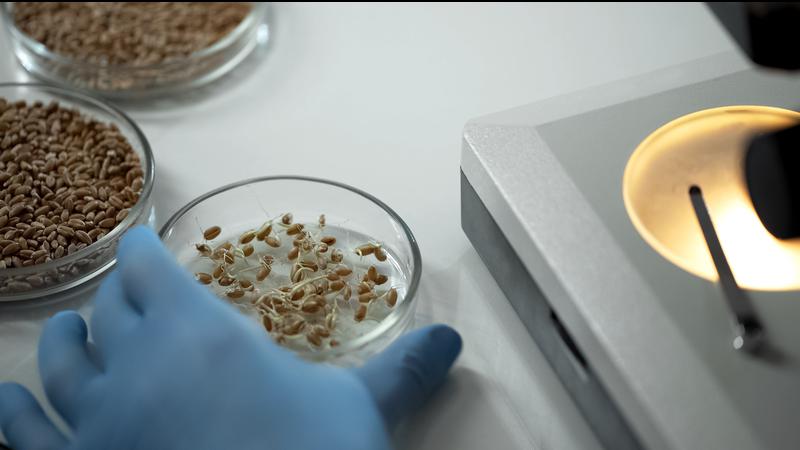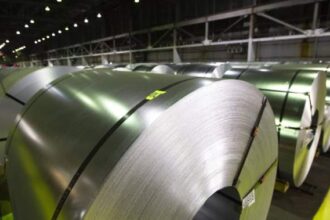The fertile fields of Saskatchewan will soon harvest more than crops. Farm Credit Canada (FCC) Capital announced yesterday a groundbreaking $2 billion investment package aimed at revolutionizing the country’s agricultural technology landscape over the next five years.
“This isn’t just about writing checks,” said Michael Hoffort, FCC President and CEO, during the announcement at Innovation Place in Saskatoon. “We’re planting seeds of transformation that will reshape how Canadian farmers produce food while addressing critical challenges like climate resilience and labor shortages.”
The investment, unprecedented in Canadian agricultural finance, targets four primary innovation streams: precision agriculture technology, sustainable farming solutions, agricultural biotechnology, and food processing automation. Each stream will receive approximately $500 million in dedicated funding through a combination of direct investments, venture capital partnerships, and specialized loan programs.
Saskatchewan Agriculture Minister David Marit called the announcement “a watershed moment” for the province’s agricultural economy. “With our established research infrastructure and farming expertise, Saskatchewan is perfectly positioned to become the Silicon Valley of agricultural innovation in North America.”
The timing couldn’t be more critical. Canadian farmers face mounting pressures from climate change, international competition, and rising production costs. Statistics Canada reported last quarter that farm input expenses have increased by 18% since 2023, while extreme weather events damaged nearly 1.2 million acres of cropland nationwide last growing season.
Industry analysts expect the investment to generate approximately 5,000 direct jobs and an additional 12,000 indirect positions across the Canadian economy, with particular concentration in prairie provinces. The economic multiplier effect could exceed $6 billion over the next decade, according to preliminary economic impact assessments.
“What makes this initiative truly powerful is its integrated approach,” explained Dr. Alanna Koch, Chair of the Global Institute for Food Security. “FCC isn’t just funding individual technologies; they’re building an ecosystem where researchers, entrepreneurs, and producers collaborate to solve agriculture’s most pressing challenges.”
The investment includes $350 million for a new Agricultural Technology Accelerator based in Regina that will provide specialized resources for startups working on everything from drought-resistant crop varieties to autonomous farm equipment. Early-stage companies will receive mentoring, technical support, and potential follow-on funding to bring innovations from concept to commercialization.
For farmers like Jason Basaraba, who operates a 4,500-acre grain farm near Prince Albert, the investment represents hope for addressing persistent challenges. “We’ve been trying to integrate more technology, but the upfront costs are prohibitive,” he said. “Having financial support specifically designed for technology adoption could be a game-changer for operations like mine.”
The announcement comes amid growing international competition in agricultural innovation. The United States recently allocated $4.7 billion toward agricultural research through its Farm Bill, while the European Union has committed €9 billion to sustainable agriculture initiatives under its Horizon Europe program.
Canada’s investment signals a strategic pivot toward positioning the country as a global leader in agricultural technology at a critical time. With global food demand projected to increase by 50% by 2050 according to UN forecasts, the stakes couldn’t be higher.
“This isn’t just about maintaining competitiveness,” noted Dr. Stuart Smyth, agricultural economist at the University of Saskatchewan. “It’s about capitalizing on Canada’s unique advantages—vast arable land, established research institutions, and forward-thinking producers—to lead the next agricultural revolution.”
The investment program officially launches September 1, 2025, with the first funding applications opening the same day through CO24 Business.
As combines harvest this year’s crops across the prairies, the seeds of a different kind of growth have been planted—one that may forever change the landscape of Canadian agriculture.

























